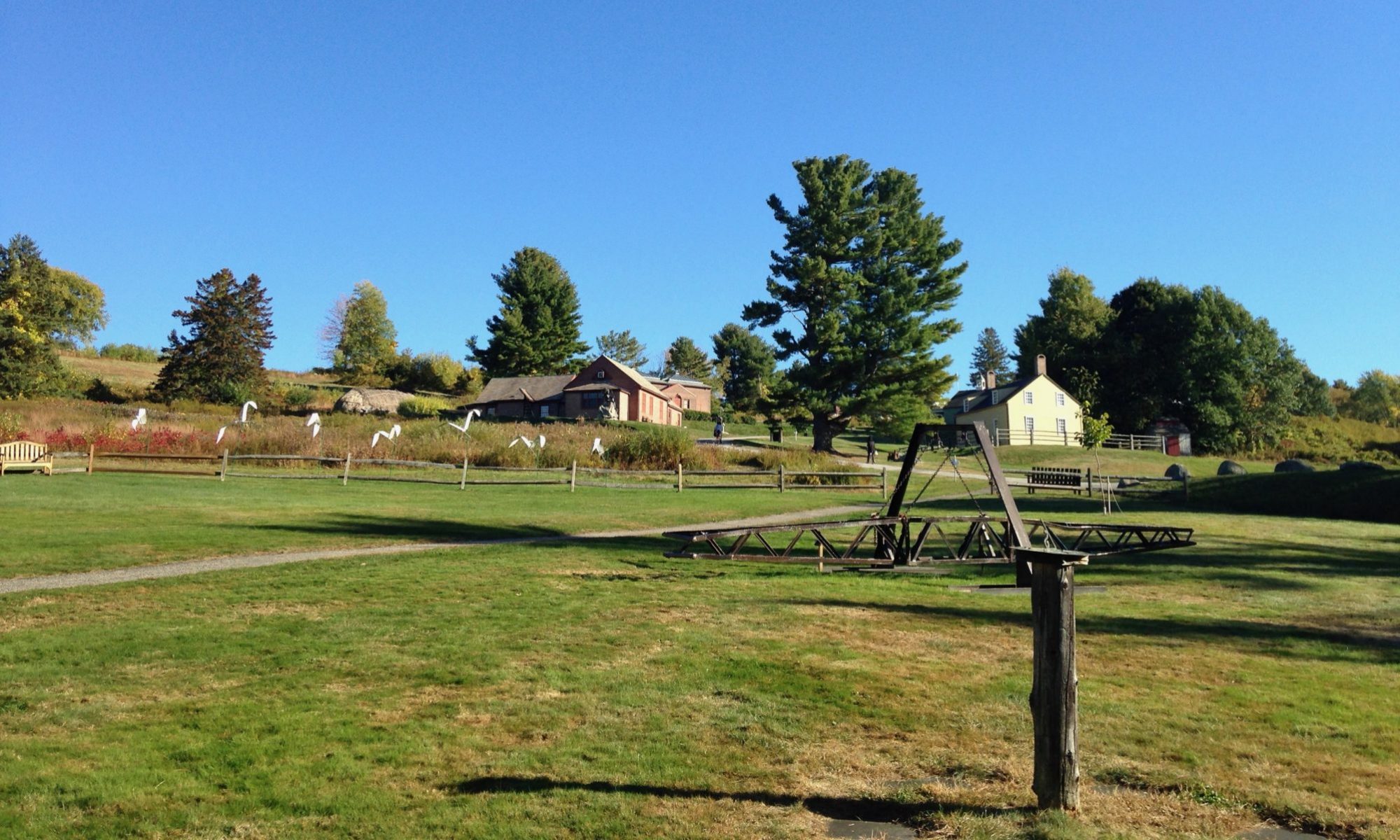While reading Reece’s chapters for this week, it seems like there is a subtle conversation on the concept of activism and our roles as active or inactive catalysts for holistic change in the world. At Twin Oaks, Valerie tells Reece that she thinks of people who want to change the world as members of either “two streams” of thought (Reece 195). She sees being an activist as an “against energy” and commune members as taking part in creating a new world, a new alternative system that resists the “mainstream” (Reece 195). Is this nihilism, or maybe a less morbid version of it? I realize that some members of Twin Oaks are activists but are the others then just floating by, focused so much on their own happiness that they overlook those oppressed in the “outside” world?
I guess what I’m getting at is that no matter how utopian or idealistic or romantic an idea is that excites me, when the idea is actualized, I usually set the dial back to realistic mode. Throughout this post I surround the word outside in quotation marks because although Twin Oaks and communities like it have set up their own micro-societies, we are all still citizens of the same country. Not to mention, most of their members have had experience living in this mainstream society, maybe aside from the children who were born here. Unless perhaps on a different planetary body all together, I’m suggesting that we still have a natural obligation to our fellow humans who live in a society separate from our own. Thinking more globally, I may share almost nothing ostensibly in common with a woman in the Middle East; we might have completely different understandings of the way the world works, different economic systems, different political backgrounds. And yet, we share a human bond, so innately protective and compassionate that it makes ignoring one another’s struggles an actively passive move.
As someone who was raised with the notion that we have an obligation to speak for those whose voices are silenced, it irks me to think that other people see Twin Oaks as a justified escape from all of this country’s problems, that activism is simply negative energy when it attempts to lift all people out of unjust situations. I understand that even those in this “outside” world can, and often do, choose to ignore the problems around them. But as members of an intentional community, who to create a world of peace and fairness, I’d expect more. It also makes me consider the luxury of having the choice to abandon civilization and all personal possessions in order to live on a commune (as was prevalent in 1960s drop cities). Are less fortunate people able to make that decision for themselves and their families?
I appreciated Reece’s chapter on Thoreau, which just touches lightly on Thoreau’s political beliefs (especially on slavery, industrialism’s damage to the environment). Reece writes, “Years later, the leader of Concord’s Underground Railroad remember that Thoreau…had done more to help fugitive slaves than anyone else in the town” (Reece 276). Even though he understood that change comes from within before it can be activated throughout the larger community, he was able to accomplish both without sacrificing his internal journey. After all, it was apparently a woman who led him out of the woods and not his stance on American imperialism and slave labor.
I hope this wasn’t too critical a blog post but I feel really passionately about what I’ve read in the chapters and what I’ve written in the post and wanted to make sure I jotted down some ideas before I keep reading Utopia Drive.
